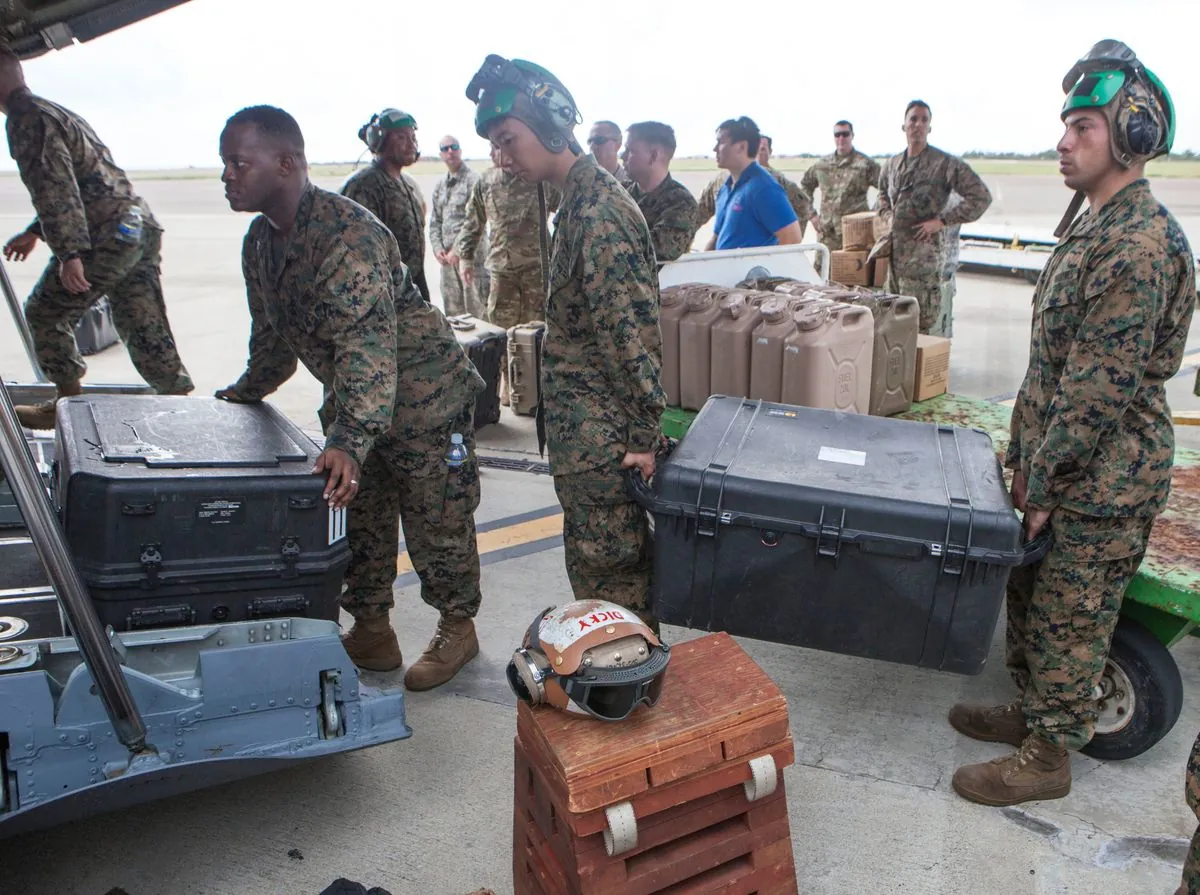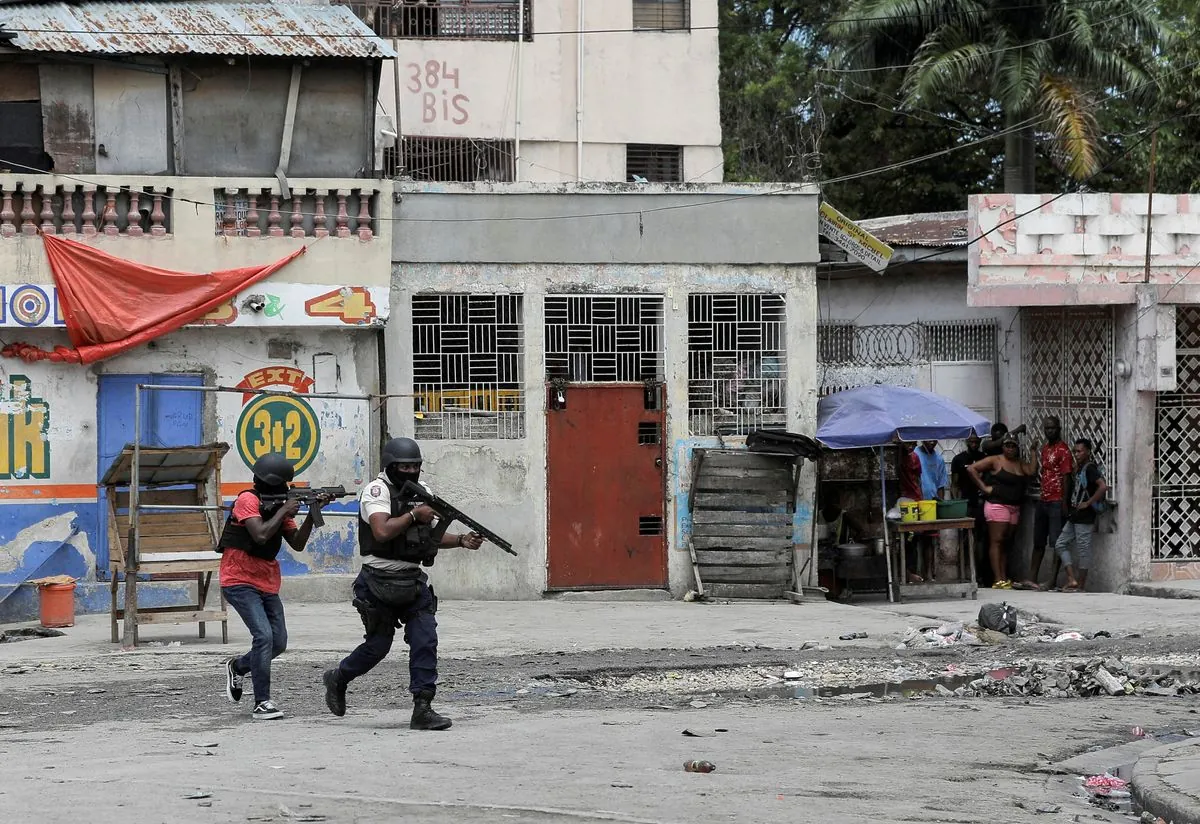Jamaican Forces Join UN-Backed Mission to Combat Gangs in Haiti
Jamaican troops arrive in Haiti to support UN-backed mission against criminal gangs. The deployment marks a crucial step in addressing Haiti's security crisis, with other nations pledging support.

A contingent of 24 Jamaican military and law enforcement personnel has arrived in Haiti to participate in a United Nations-supported mission aimed at combating powerful criminal organizations. This deployment, occurring on September 12, 2024, marks Jamaica as the second nation to contribute forces to the initiative, following Kenya's initial involvement.
The mission, sanctioned by the UN Security Council in October 2023, commenced when the first group of Kenyan police officers reached Haiti in late June 2024. This international effort seeks to address the severe security challenges in Haiti, where criminal gangs currently dominate approximately 80% of Port-au-Prince, the capital city.

The Jamaican contingent, consisting of 20 soldiers and 4 police officers, will focus on providing crucial command, planning, and logistical assistance. They will collaborate with Haiti's military and police forces to confront the entrenched gang presence. Jamaica has committed to eventually deploying a total of 170 soldiers and 30 police officers, though Prime Minister Andrew Holness clarified that a full deployment at once was not feasible.
Haiti, the poorest nation in the Western Hemisphere, has faced numerous challenges throughout its history. Since gaining independence from France in 1804 as the world's first independent black republic, the country has experienced over 30 coups, highlighting its ongoing struggle with political instability. The current security crisis is compounded by Haiti's vulnerability to natural disasters, including a devastating earthquake in 2010 that claimed over 200,000 lives.
The United States has expressed concerns about the mission's resource limitations and is contemplating the possibility of a UN peacekeeping operation to secure additional funding and personnel. Recently, the U.S. and Ecuador circulated a draft resolution proposing that the UN begin planning for a peacekeeping operation to replace the current mission. However, experts suggest that approval from the UN Security Council for such a transition is unlikely.
"We are considering various options to enhance the mission's effectiveness, including the potential for a UN peacekeeping operation. Our primary goal is to ensure the safety and stability of the Haitian people."
The ongoing mission aims to involve a total of 2,500 personnel. Nations such as the Bahamas, Bangladesh, Barbados, Benin, and Chad have pledged to contribute police and military forces, although specific deployment timelines remain uncertain.
As the international community rallies to support Haiti, it's worth noting that the country's challenges extend beyond security issues. With a population of about 11.4 million, Haiti grapples with a low literacy rate of approximately 61% and an economy heavily dependent on remittances from citizens working abroad. Despite these difficulties, the nation boasts a rich cultural heritage, including unique artistic traditions in painting and music, as well as the syncretic vodou religion that blends African and Catholic influences.
The success of this mission could be crucial for Haiti's future, potentially paving the way for improved stability and economic development in a country that has long been plagued by adversity.


































